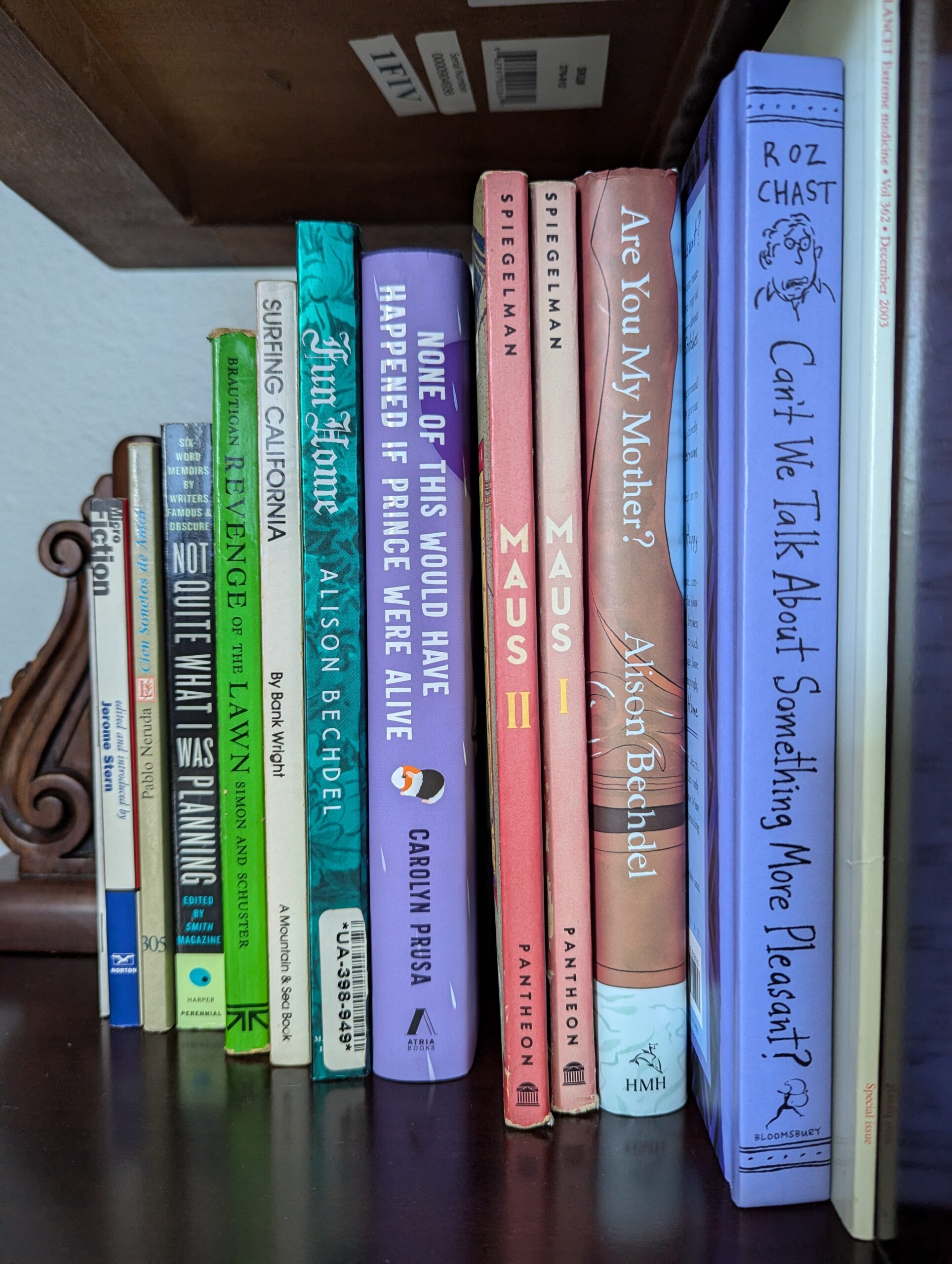
Great literature creates a space for empathy for the human condition, working its magic in unexpected ways.
Last night I found myself in a particular netherworld you might relate to: I've finished a great book, I don't like the book assigned from my book club, I don't have a show I particularly need to watch, and I want something nourishing for my brain.
I was stuck, until inspiration struck. I googled "graphic novels for adults" and then compared the resulting list to those available for immediate borrowing as ebooks.
That's how I came across the brilliantly titled, The Best We Could Do by Thi Bui, an autobiographical story of the author's ancestral ties to Vietnam that meticulously captures the sense of being torn between the baggage (and expectations) our parents carry and impose and the freedoms and responsibilities we try, and sometimes fail, to live up to.
Despite a very different homeland and ancestral story, it brought to mind other great graphic novels of difficult parent-child relationships I've enjoyed in the past.
Maus, the recounting by Art Spiegleman of his father's experience surviving the Nazi occupation of Europe and his eventual internment in Auschwitz has the distinction of being the first graphic novel to win the Pulitzer Prize.
Can We Talk About Something More Pleasant? is a nonfiction account by the inimitable New Yorker cartoonist Roz Chast as an only child coming to terms with the decline, hoarding tendencies and eventual death of her parents.
Fun Home by Alison Bechdel is a memoir of growing up in a funeral home run by her barely-closeted gay father and the distance and isolation of the experience. Improbably, it was adapted for Broadway by Lisa Kron and won a Tony Award for Best Musical of 2015. I saw the musical shortly before it closed its run on Broadway, and it was deeply moving.
What's remarkable about each of these stories is how an experience that on the surface seems so incredibly specific speaks to an experience that turns out to be so universally relatable.
Superficial storylines:
- Vietnamese boat person refugee story
- Holocaust concentration camp survivor
- Only child of loud New York City Jewish parents
- Lesbian daughter never accepted by a repressed gay father
Deeper storylines:
- Parents whose survival never allowed them to live out their dreams, raising their offspring as survivors
- The difficulty of knowing one's parents as complete beings, and of being an adult without regressing to childish behavior in their presence
- The presence of solitude and isolation in even the most ostensibly tight-knit families
- Realizing your dreams, falling short of your parents' expectations in order to do so
The resonant notes in each of these highly specific stories makes them feel alive and relevant and applicable to my own relationships.
The visuals convey the story with the tenderness or cruelty the author wishes to impart, and enhances the reading.
If you've not experienced a graphic novel before, or erroneously dismissed the art form as something for a younger audience, I would encourage you to reconsider with any of the titles above.
